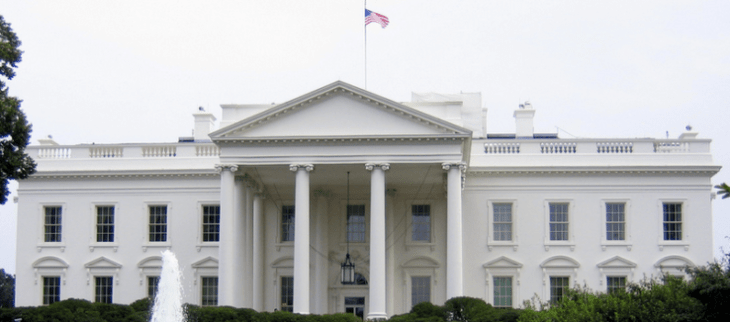This morning President Barack Obama presented a net neutrality plan, advocating for the Federal Communications Commission (FCC) to reclassify broadband under Title II of the Telecommunications Act. That solution has long been the favorite of the most ardent net neutrality advocates.
The FCC’s Chairman Tom Wheeler quickly replied, noting just how far along the comment, and fact-finding work for deciding how to approach net neutrality is at the current date. Notice in the middle sections how Wheeler also explains how the FCC has partially moved on from examining simple Section 706 or Title II-only plans, to more complex, and potentially more robust “hybrid” approaches that employ both:
The President’s statement is an important and welcome addition to the record of the Open Internet proceeding. Like the President, I believe that the Internet must remain an open platform for free expression, innovation, and economic growth. We both oppose Internet fast lanes. The Internet must not advantage some to the detriment of others. We cannot allow broadband networks to cut special deals to prioritize Internet traffic and harm consumers, competition and innovation.
As an independent regulatory agency we will incorporate the President’s submission into the record of the Open Internet proceeding. We welcome comment on it and how it proposes to use Title II of the Communications Act.
In January, a federal court struck down rules that prevented Internet Service Providers from blocking and discriminating against online content. In May, the Commission sought comment on how to best reinstate these rules to protect consumers and innovators online while remaining within the parameters of the legal roadmap the court established. The goal was simple: to reach the outcomes sought by the 2010 rules. We sought comment on using Section 706 of the Telecommunications Act, as discussed by the court to protect what the court described as the “virtuous circle” of innovation that fosters broadband deployment and protects consumers.
The purpose of the Commission’s Notice of Proposed Rulemaking proposal was to elicit comments. In the past several months, we’ve heard from millions of Americans from across the country. From the beginning I have pledged to finally bring to an end the years-long quest for rules that are upheld in court. In May we sought comment on both Section 706 and Title II and I promised that in this process all options would be on the table in order to identify the best legal approach to keeping the Internet open. That includes both the Section 706 option and the Title II reclassification. Recently, the Commission staff began exploring “hybrid” approaches, proposed by some members of Congress and leading advocates of net neutrality, which would combine the use of both Title II and Section 706.
The more deeply we examined the issues around the various legal options, the more it has become plain that there is more work to do. The reclassification and hybrid approaches before us raise substantive legal questions. We found we would need more time to examine these to ensure that whatever approach is taken, it can withstand any legal challenges it may face. For instance, whether in the context of a hybrid or reclassification approach, Title II brings with it policy issues that run the gamut from privacy to universal service to the ability of federal agencies to protect consumers, as well as legal issues ranging from the ability of Title II to cover mobile services to the concept of applying forbearance on services under Title II.
I am grateful for the input of the President and look forward to continuing to receive input from all stakeholders, including the public, members of Congress of both parties, including the leadership of the Senate and House committees, and my fellow commissioners. Ten years have passed since the Commission started down the road towards enforceable Open Internet rules. We must take the time to get the job done correctly, once and for all, in order to successfully protect consumers and innovators online.
#shade. The FCC would like more time, it seems.
Whether you find it surprising or not, what the president proposed today isn’t particularly new. No blocking, and no throttling are fine ideas, but other members of our government have already produced more detailed plans that include similar points. The President did get wireless correct, stating that he believes that “the FCC should make these rules fully applicable to mobile broadband as well.” Good.
Obama also calls for stripping away some parts of Title II that don’t apply to ISPs in his plan, thus making the rules less unpalatable to those companies. That was a joke.
There was long an expectation that the FCC would act on net neutrality in December. That’s slipped, according to some, to early 2015. I think that given the lack of a rising consensus, and the increasing legal and technical plumbing going into hybrid solutions, a delay is a reasonable expectation.
The President said precisely what advocates of strict net neutrality wanted to hear. The FCC’s comments seem slightly bemused. It must be a beautiful day in Washington.
